
You’d Be Stupid Not to Edit – The Harsh Truth About Why Your Podcast Isn’t Growing
Raw recordings don’t convert. Editing is where shows grow. See how our editing bundles and monthly plans turn chaos into a compelling, sponsor‑ready show.

A recent study by Jemily Rime, Chris Pike, and Tom Collins, published in Convergence, explores these questions by introducing the six-tensions framework—a tool designed to guide the future of podcasting.
At its core, a podcast is typically understood as an episodic, downloadable or streamable piece of primarily spoken audio content, distributed via the internet.
However, this definition is just the starting point.
The nature of podcasting is complex, evolving from its roots in radio to become a medium in its own right, distinct in its flexibility and personalization.
The study highlights the need to move beyond this basic definition to consider how technological advancements and cultural shifts might change what we understand as a podcast.
As podcasts continue to integrate with new media and technologies, the boundaries of the medium are being tested, leading to the essential question: How do we innovate while preserving the core attributes of podcasting?
To address the challenges of innovation in podcasting, the study introduces the six-tensions framework.
This model identifies six key pairs of opposing forces that must be balanced to maintain the integrity of the podcasting medium. These tensions are:
The balance between user-driven content selection and automated recommendations or delivery systems.
The tension between the grassroots, independent nature of podcasting and the increasing influence of mainstream, corporate entities.
The challenge of creating content that is both unique to individual listeners and universally appealing across different audiences.
Balancing the needs and expectations of current listeners with the potential to reach new and diverse demographics.
The interplay between creating immersive audio experiences and allowing for listener interactivity without breaking immersion.
The dynamic between the creative aspects of podcasting and the technological innovations that drive the medium forward.
The study illustrates how this framework can guide podcast creators and platforms in developing new ways to produce and listen to podcasts.
For example, the tension between Immersion and Interactivity is evident in recent experiments with interactive podcasts, where listeners can influence the narrative.
While this increases engagement, it must be carefully managed to avoid disrupting the immersive experience that podcasts traditionally offer.
Similarly, the tension between Independent and Mainstream Production is becoming more pronounced as large media companies enter the podcasting space.
Independent creators must find ways to maintain their unique voices while navigating the pressures and opportunities that come with mainstream attention.
The six-tensions framework is not just a theoretical tool; it offers practical guidelines for anyone involved in podcasting, from creators to platforms and researchers.
By acknowledging and balancing these tensions, the industry can innovate responsibly, ensuring that the evolution of podcasting enhances rather than detracts from its core strengths.
As the podcasting medium continues to evolve, the six-tensions framework provides a roadmap for navigating the challenges ahead.
By keeping these tensions in balance, we can embrace innovation while preserving the unique qualities that have made podcasts a beloved medium for millions of listeners worldwide.
For more insights on the future of podcasting and strategies for success in this dynamic field, visit Baird Media.
This article is based on the study “What is a podcast? Considering innovations in podcasting through the six-tensions framework” by Jemily Rime, Chris Pike, and Tom Collins, published in October 2022 in Convergence (Volume 28, Issue 5, Pages 1260-1282).
Your voice is your brand. Your podcast should sound like it.
We help creators, coaches, and businesses make shows that stand out – for the right reasons.
Book a free consultation and let’s build something powerful.

Raw recordings don’t convert. Editing is where shows grow. See how our editing bundles and monthly plans turn chaos into a compelling, sponsor‑ready show.

Most podcasting research comes from the US and Europe, ignoring South Africa’s unique challenges and opportunities.
This new PhD study will gather real data from local indie podcasters to help grow the industry, advocate for support, and guide future development.
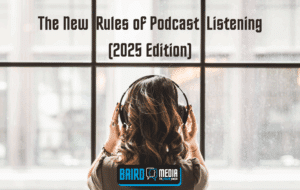
Podcast listening has changed dramatically since the commute-driven days of the 2010s. In 2025, it’s a screen-friendly, all-day, at-home habit—shaped by remote work, video, and a broader, more engaged audience.
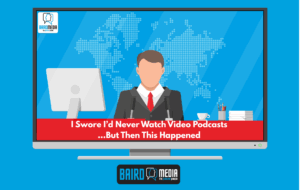
A personal and slightly painful confession from a lifelong audio purist who’s slowly being seduced by the world of YouTube podcasts. This article explores the blurry line between audio and video, and why even the most stubborn podcasters (yes, like me) might need to rethink their stance.

In this article, I explore whether South Africa truly needs legislation for podcasting, reflecting on the intent behind the 2025 Draft White Paper and its potential pitfalls. I argue for thoughtful, inclusive regulation that protects creative freedom while supporting the growth of an emerging industry.
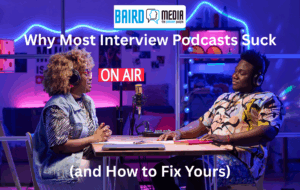
In this brutally honest (and slightly sarcastic) breakdown, I unpack why most interview podcasts fail and exactly how to fix yours. From lazy questions to rambling intros, weak editing to forgettable guests, this is your no-fluff guide to making interviews worth listening to.
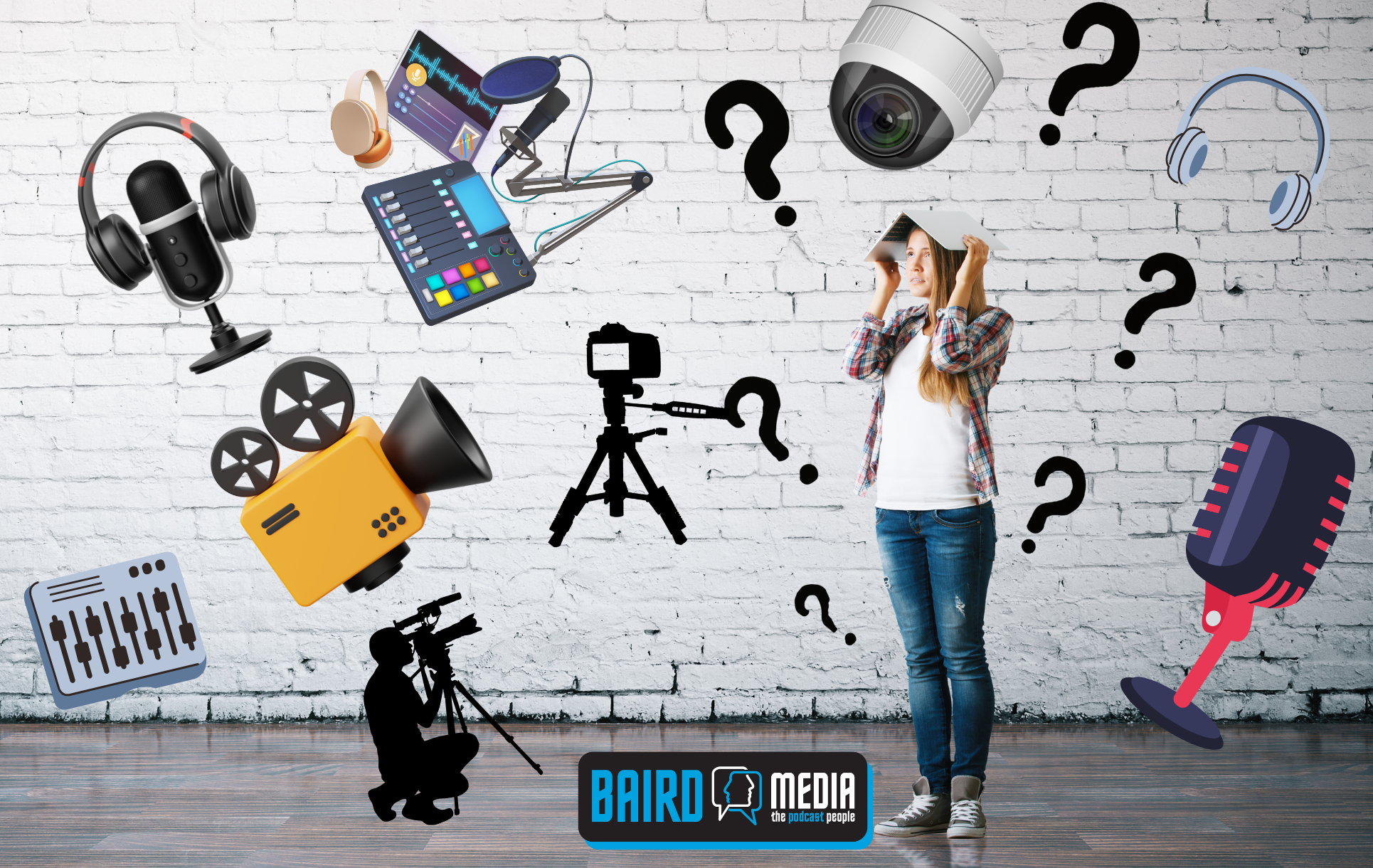
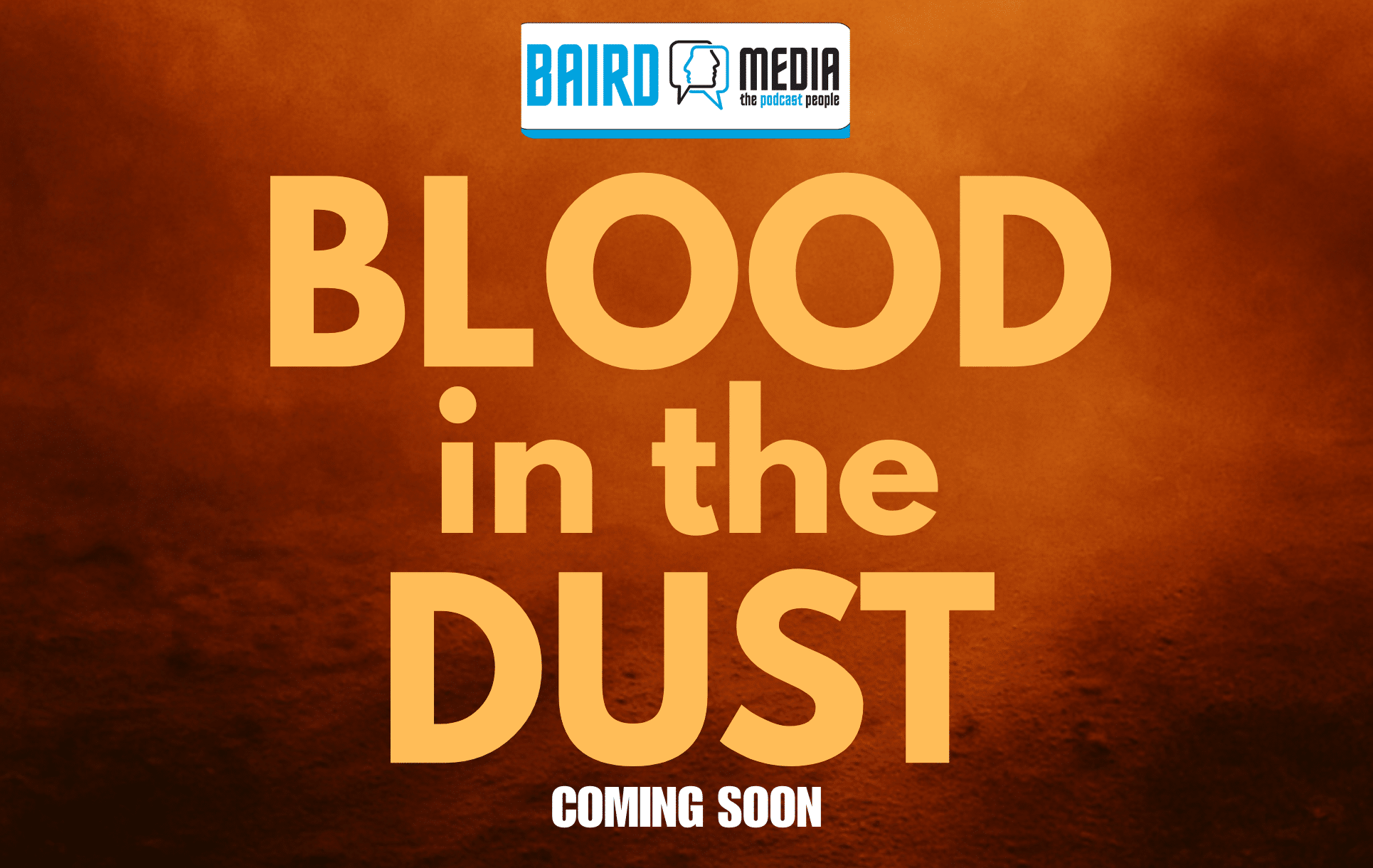
© Baird Media 2025